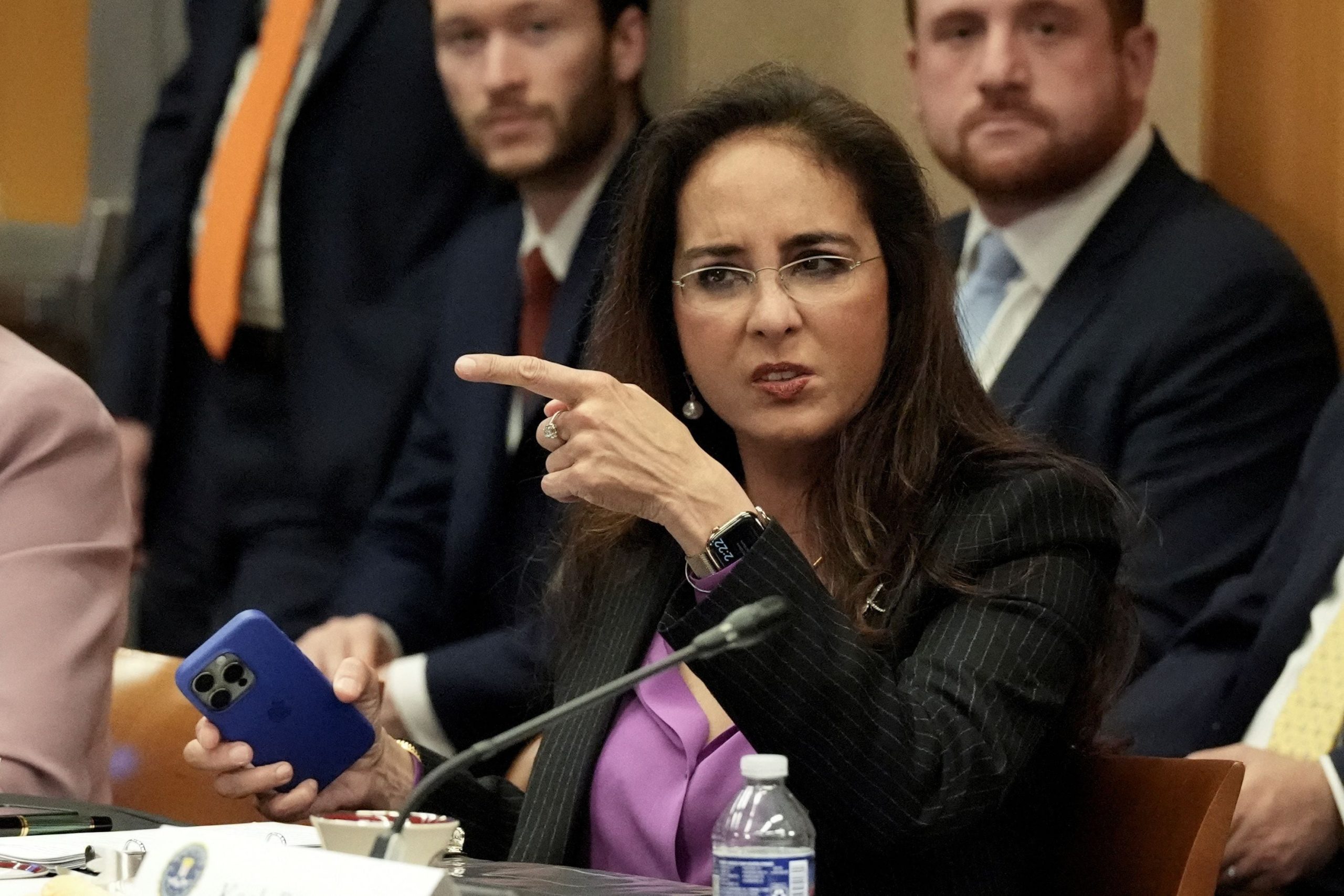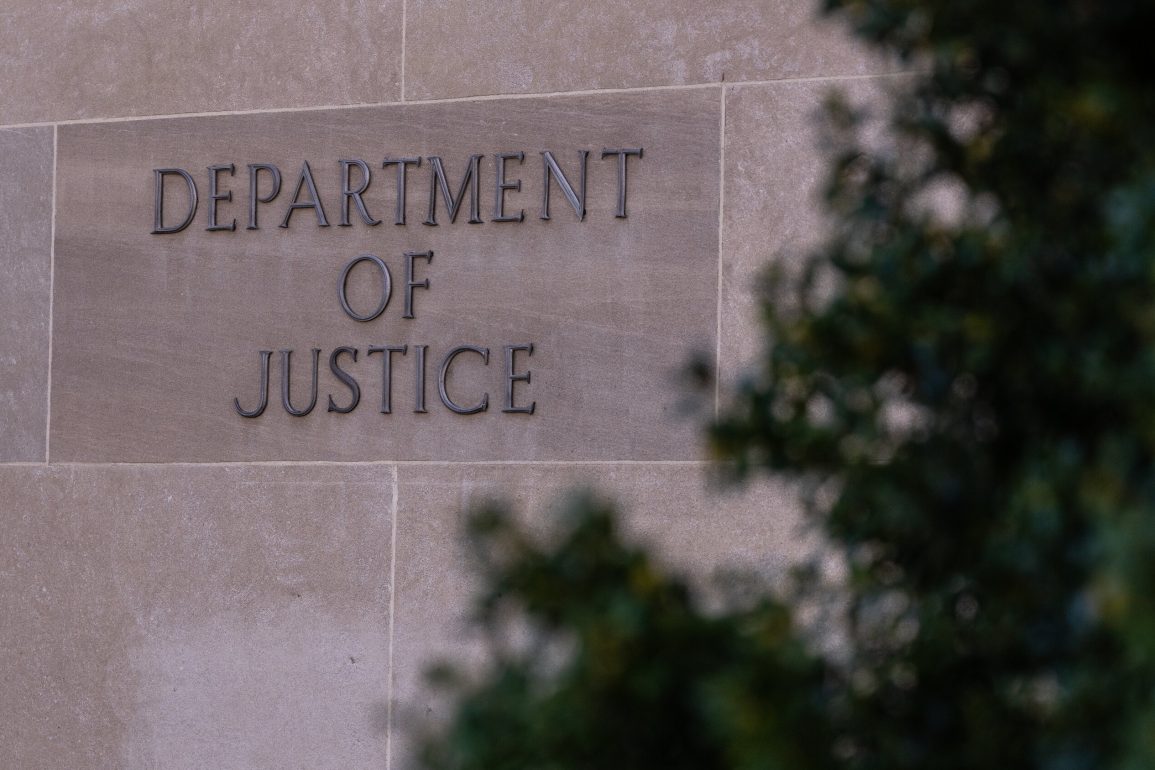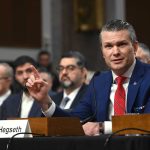The U.S. Department of Justice’s Civil Rights Division, historically pivotal in protecting marginalized communities, is undergoing a drastic transformation under new leadership. Assistant Attorney General Harmeet Dhillon has redirected the division’s focus away from longstanding civil rights mandates toward ideological concerns aligned with the Trump administration.
These include opposition to transgender athletes in women’s sports, claims of anti-Christian bias, and combating what’s described as “woke ideology.” This dramatic shift has triggered a mass exodus, with nearly half of the division’s 380 attorneys leaving or planning to resign.
One of the most troubling developments is the targeting of the division’s voting section. All senior managers have reportedly been removed, and active cases have been dismissed. Critics view this as a politically motivated dismantling of legal protections for voting rights. Dhillon’s choice to announce her new vision on Glenn Beck’s podcast further highlighted the overt politicization of what is supposed to be an impartial, justice-driven department. Former officials warn this could define the next several years of executive governance—agencies following a single leader’s agenda, ignoring congressional mandates.
Judges Break Ranks As Legal Overreach And Immigration Defiance Highlight Growing Tensions Within Trump Administration’s Approach To Law And Justice
A legal clash over the dismantling of the Consumer Financial Protection Bureau (CFPB) exposed tensions even among Trump-appointed judges. After initially siding with the Trump administration, Judge Gregory Katsas reversed course upon realizing the administration had overstepped the court’s limits by laying off nearly 90% of CFPB staff. The appeals court reinstated part of the injunction, halting further layoffs. This episode illustrates growing judicial discomfort with the administration’s disregard for legal boundaries, even among its own appointees.

In a disturbing international episode, Kilmar Abrego Garcia remains imprisoned in El Salvador after being mistakenly deported from the U.S., despite a Supreme Court order for his return. The legal case has been paused temporarily, likely to allow time for diplomatic resolution, but Attorney General Pam Bondi has openly defied the court, saying he “is not coming back.” The situation reflects a broader pattern of legal defiance and highlights the risks to individuals caught in the administration’s hardline immigration stance.
Trump Administration Blurs Lines Between Government And Business While Escalating Culture Wars And Undermining Science, Education, And International Democratic Norms
Multiple scandals continue to plague the administration. Trump’s crypto venture, World Liberty Financial, has blurred the lines between business and government in unprecedented ways, according to the New York Times. Meanwhile, the administration has reportedly purged experts involved in the National Climate Assessment, undermining scientific integrity. DOGE, a mysterious government-linked entity, has been given access to classified networks and is being promoted as a legitimate operation despite growing concerns.
The Trump administration is escalating its culture war by targeting higher education institutions. The Department of Education has launched politically charged investigations into universities like Penn and Harvard Law Review for alleged discrimination. Media interactions remain bizarrely informal, as shown by The Atlantic reaching Trump directly on his cellphone. Meanwhile, Trump-aligned narratives find echoes abroad—though not always successfully, as seen in Canada, where a Conservative leader lost his seat amid a Liberal Party victory.


